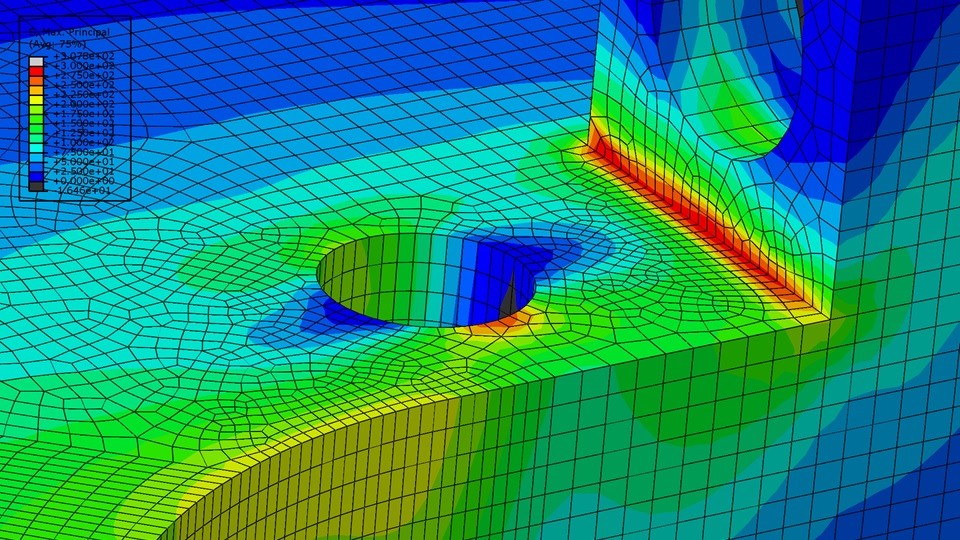Lithium Ion Battery Cathode Elemental Analysis
Elemental analysis of lithium ion battery cathodes is a critical process in ensuring high performance and safety. Lithium-ion batteries are ubiquitous in modern technology, powering everything from smartphones to electric vehicles (EVs). The composition of the cathode directly influences the battery's energy density, cycle life, and overall reliability.
The primary elements analyzed include lithium (Li), nickel (Ni), cobalt (Co), manganese (Mn), aluminum (Al), iron (Fe), copper (Cu), and other trace metals. These elements form various compounds that determine the battery's chemistry type, such as NMC (Nickel-Manganese-Cobalt) or NCA (Nickel-Cobalt-Aluminum).
Our laboratory uses advanced analytical techniques to provide precise elemental analysis of lithium ion battery cathodes. We use X-ray Fluorescence (XRF), Inductively Coupled Plasma Mass Spectrometry (ICP-MS), and Energy Dispersive Spectroscopy (EDS) for non-destructive testing, ensuring minimal impact on the integrity of the sample.
Our state-of-the-art equipment allows us to detect even trace amounts of elements down to parts per million (PPM). This precision is crucial in identifying impurities or inconsistencies that can affect battery performance. By providing comprehensive elemental analysis reports, we enable our clients to optimize their manufacturing processes and ensure product quality.
The process begins with sample preparation, which involves crushing the cathode material into a fine powder for uniform analysis. The prepared samples are then subjected to rigorous testing using multiple instruments, ensuring accuracy and reliability of results.
Our team of experts ensures that all analyses comply with international standards such as ASTM E1527-13, ISO 14001:2015, and EN 16958. These standards ensure consistency in our testing procedures and provide confidence to our clients regarding the quality of our services.
The results from our elemental analysis are crucial for several reasons. They help manufacturers identify the optimal composition for their batteries, optimize production processes, and enhance product performance. This information is also vital for regulatory compliance and ensuring safety standards are met.
Why It Matters
The importance of elemental analysis in lithium ion battery cathodes cannot be overstated. As the demand for electric vehicles continues to grow, so does the need for batteries that can deliver high performance and longevity. Elemental composition directly impacts a battery's energy density, which is critical for extending driving ranges.
By ensuring consistent quality through precise elemental analysis, manufacturers can reduce defects and improve overall product reliability. This translates into longer-lasting products, reduced warranty costs, and enhanced brand reputation.
The safety of lithium ion batteries is also a key concern. Impurities or incorrect compositions can lead to thermal runaway, which may result in fires or explosions. Our analysis helps manufacturers identify such issues early on, ensuring the safety of end-users.
- Enhances battery performance and longevity
- Supports regulatory compliance
- Reduces manufacturing defects
- Ensures product safety
Customer Impact and Satisfaction
Our clients benefit significantly from our lithium ion battery cathode elemental analysis services. By providing accurate and reliable results, we help them make informed decisions that enhance their products' performance and safety.
Manufacturers can use the insights gained from our analysis to refine their production processes, leading to more efficient operations and reduced costs. This not only improves product quality but also enhances customer satisfaction by delivering dependable and safe products.
We strive to exceed our clients' expectations by offering personalized services tailored to their specific needs. Our team of experts works closely with each client to understand their unique requirements, ensuring that the analysis meets their exact specifications.
Competitive Advantage and Market Impact
- Identifies optimal cathode compositions for enhanced performance
- Ensures compliance with international standards, enhancing market access
- Reduces the risk of regulatory non-compliance
- Improves product safety and reliability, boosting customer trust
- Promotes innovation by providing data for new battery designs and chemistries
By offering precise elemental analysis services, we provide our clients with a competitive edge in the rapidly evolving market of electric vehicles and renewable energy storage. Our expertise ensures that they stay ahead of industry trends, enabling them to meet future demands effectively.





